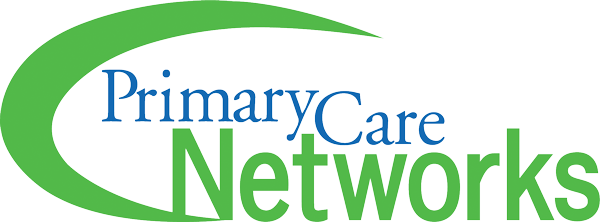Do you know what malnutrition looks like?
The main symptom of malnutrition is unintended weight loss. Though many people who are malnourished will lose weight, that’s not always the case — people can be a healthy weight or overweight and still be malnourished.
Other symptoms of malnutrition include:
- loss of appetite and lack of interest in food and/or drinks
- tiredness or low energy levels
- reduced ability to perform everyday tasks (i.e., showering, getting dressed, cooking or preparing meals)
- poor growth in children
- difficulty keeping warm
- problems chewing or swallowing
Malnutrition is more common than we think — in Canada, one in three older adults have difficulty meeting their nutritional needs and one in four pediatric patients meets less than 50% of their energy needs. These stats were discovered by the Canadian Malnutrition Task Force whose goal is to increase awareness of the importance of nutrition care through prevention, detection and treatment.
Let’s start the conversation about malnutrition in Canada during the Canadian Malnutrition Awareness Week, taking place from October 3-7.
Let’s start the conversation about malnutrition in Canada during the Canadian Malnutrition Awareness Week, taking place from October 3-7.
What is malnutrition?
Malnutrition refers to deficiencies, excesses or imbalances in a person’s intake of energy and/or nutrients. This happens when families or individuals cannot afford or access enough nutritious foods like fresh fruit and vegetables, legumes, meat and milk. Even though people may have access to these nutritious foods, they can still be malnourished by not eating well balanced meals. Nutrition is important and there are supports available to help you in getting enough nutrition.
Getting help: resources and support
One of those supports available is a Registered Dietitian who at Primary Care Networks (PCN) work with your family doctor. A Registered Dietitian can help you:
- set personal goals for dietary changes
- access practical nutrition advice related to diabetes, liver, heart or kidney conditions
- manage digestive issues, celiac disease and food allergies
- learn about healthy eating and nutrition for all ages
Being able to financially afford nutritious food can be a challenge. If you or someone you know is struggling financially to access nutritious foods and needs support, meeting with a social worker could help too. Most PCNs have a social work team that is available to support with accessing support and navigating the health system. They can help you find what food supports are available in your area like food banks or food pantries.
If you are interested in one of these PCN services, talk with your family doctor to be referred. There are also other public supports available, such as:
If you are interested in one of these PCN services, talk with your family doctor to be referred. There are also other public supports available, such as:
- The Senior Chef Cooking for One or Two (gov.bc.ca)
- A Guide to Healthy Eating for Older Adults
- your local food bank. The Calgary Food Bank also has some cooking videos led by dietitians
- workshops at PCNs like the ‘Slice of Health Basics’
Talk with your doctor
If you have any of the symptoms of malnutrition listed above, or notice the symptoms in a loved one, it’s time to get help – get started by making an appointment with your family doctor. If you don’t have a family doctor, you can find one on this website. Search by gender, location and languages spoken to find the best fit for you.
